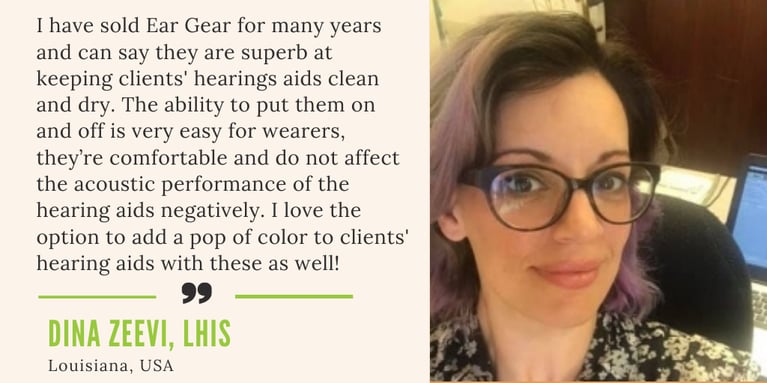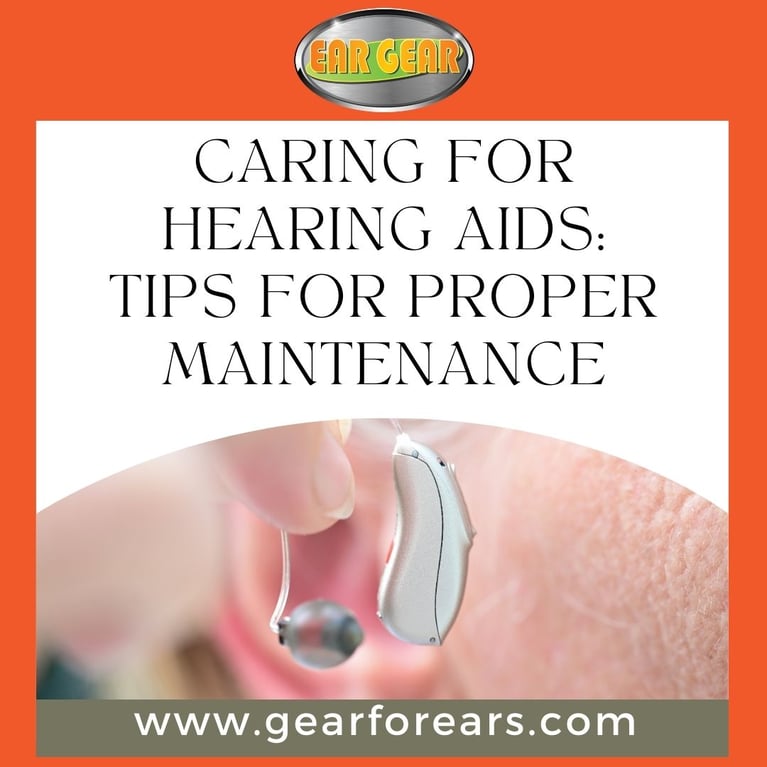When the Over-the-Counter Hearing Act of 2017 sailed through Congress with bipartisan support, it was hardly frontpage news to the general public. Still, its passage sent a shockwave through an audiological community already in the midst of grappling with the FDA’s elimination of the physical waiver requirement one year earlier. Now the government had set a countdown timer, and, for audiologists, that timer was counting down to a fundamental shift in the basic infrastructure of an entire industry.
Soon, buyers will not be required to consult with a professional before acquiring a hearing aid--and many won’t. Anyone will be able to buy at their local Walmart a version of a hearing device. That means the market will be flooded with cheaper, self-fitting hearing aid models. The concern that we’ve heard from many audiologists is that they’ll be cut out of the purchasing process for many of these consumers.
This new reality will complicate the current revenue model for many hearing professionals’ businesses. Be prepared for a number of scenarios: What happens if a patient, several consultations in, questions your pricing after seeing a new wave of low-cost, lower quality alternatives? What if they replace you with a large retailer?
It’s important to cement your business as more than just a ‘middle man’ between your patients and a hearing instrument. Audiologists will always be able to offer something more than OTC products: expertise, consultation, servicing, and a personal relationship with patients.
Buying a hearing instrument is very different than buying, say, reading glasses. It’s far more important to cater each product for each customer. As an audiologist, your expertise will be invaluable in pairing the right device with the right person.
After years of relative market stability, a rapidly approaching period of uncertainty is forcing hearing professionals to ask hard questions about their businesses in the face of real change. Asking yourself the uncomfortable questions, which can differ depending on the circumstance, is crucial in this moment to succeed and thrive.
This shake-up has the potential to create new revenue models within the industry--models that more closely align billing with the full scope of value that hearing professionals provide for their clients, not just selling but also consulting and servicing. In the future, you won’t just be selling hearing aids--you’ll have to sell yourself, your expertise and your compassion.
The good news is that, if you’re prepared and business-savvy, the new era of OTC hearing aids will provide novel opportunities for growth and revenue for businesses that can successfully adapt. It can present a real opportunity to stand apart from the crowd and provide world-class service to your customers.
The bad news? If you don’t start planning now for these changes, you run the risk of being left behind.
For a complete breakdown of the current state of the audiological industry--from OTC hearing aids, new challenges in digital marketing, potential revenue strategies, and how Ear Gear can help speed up your sales process and cut down on service requests -- and much more, download our latest ebook below. It’s full of insider information and analysis from industry experts about audiology in 2020, along with advice and tips on how to stay relevant and profitable in such a shifting industry. Download it today!







